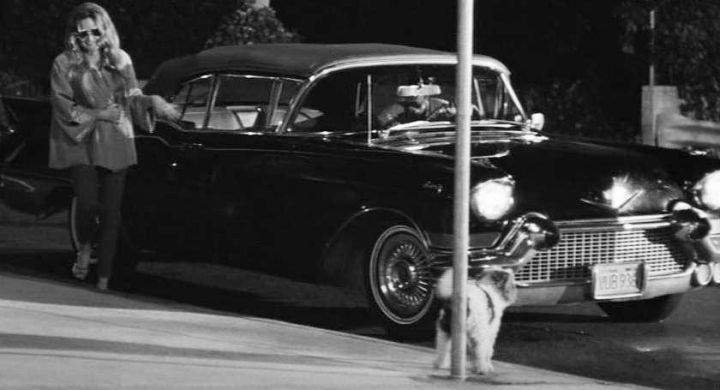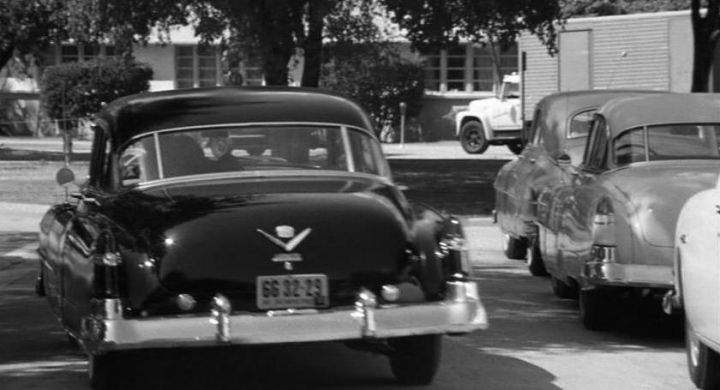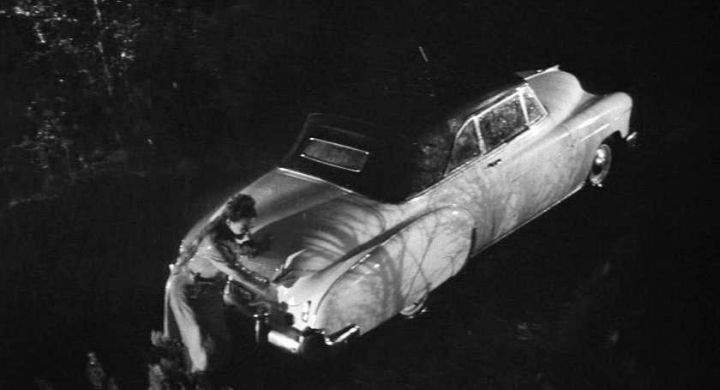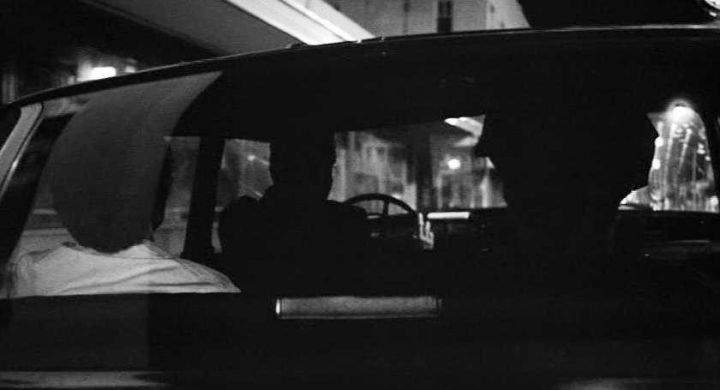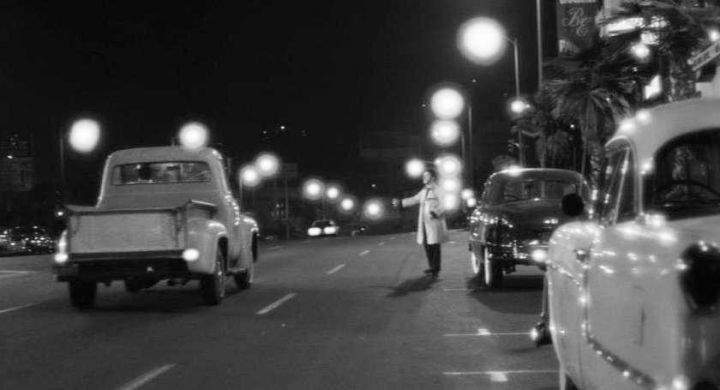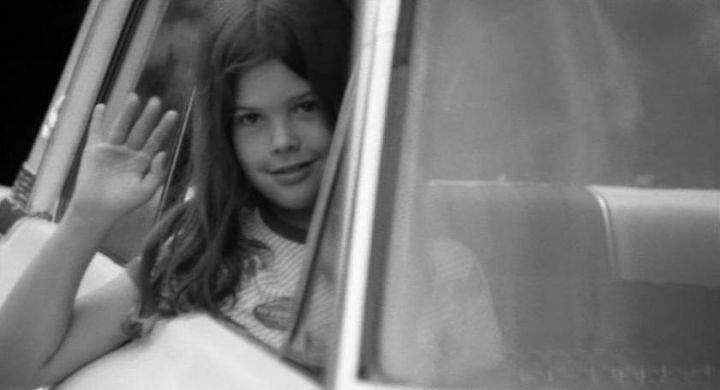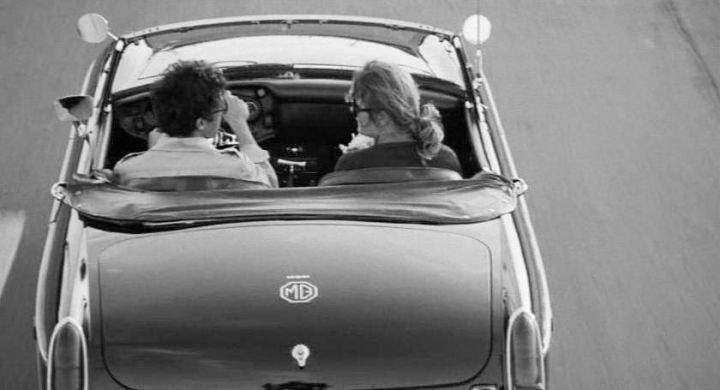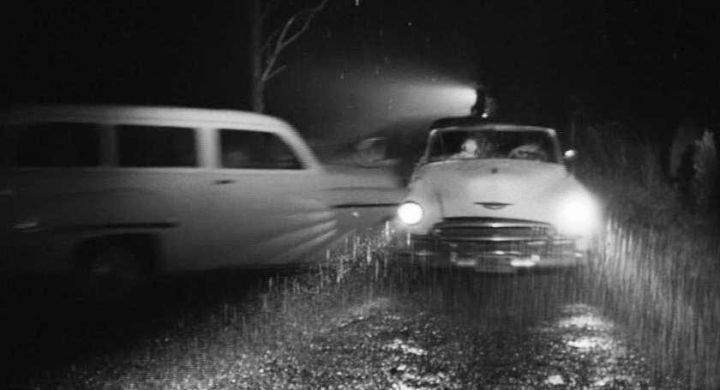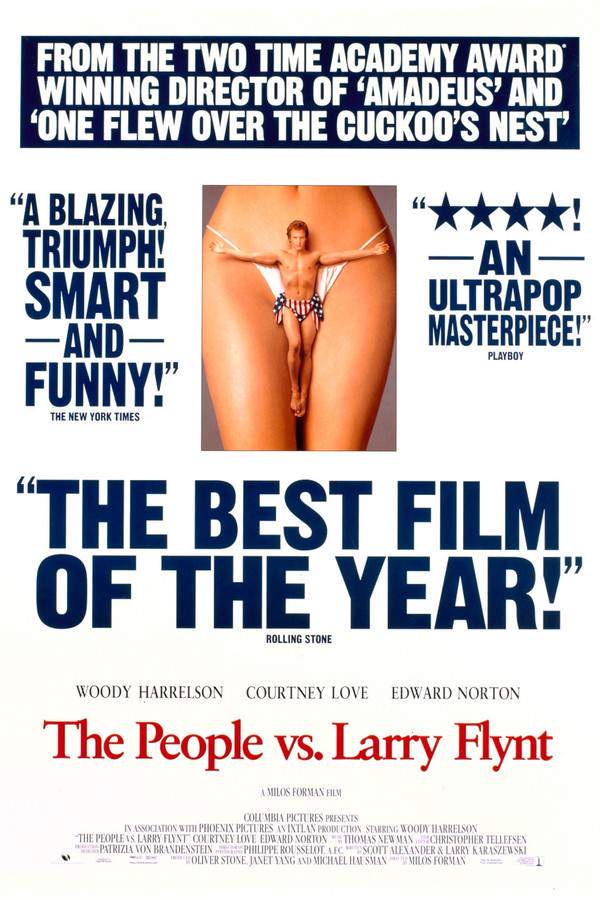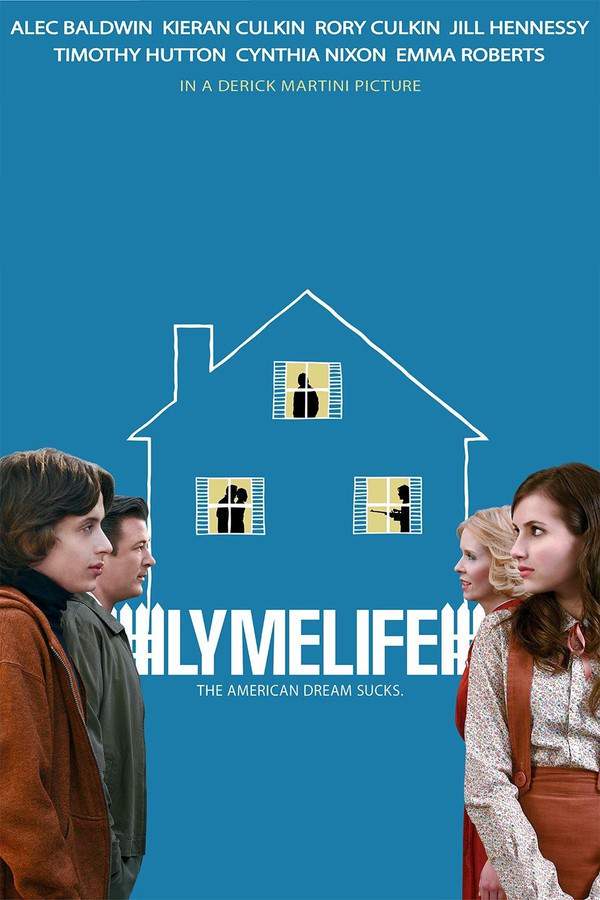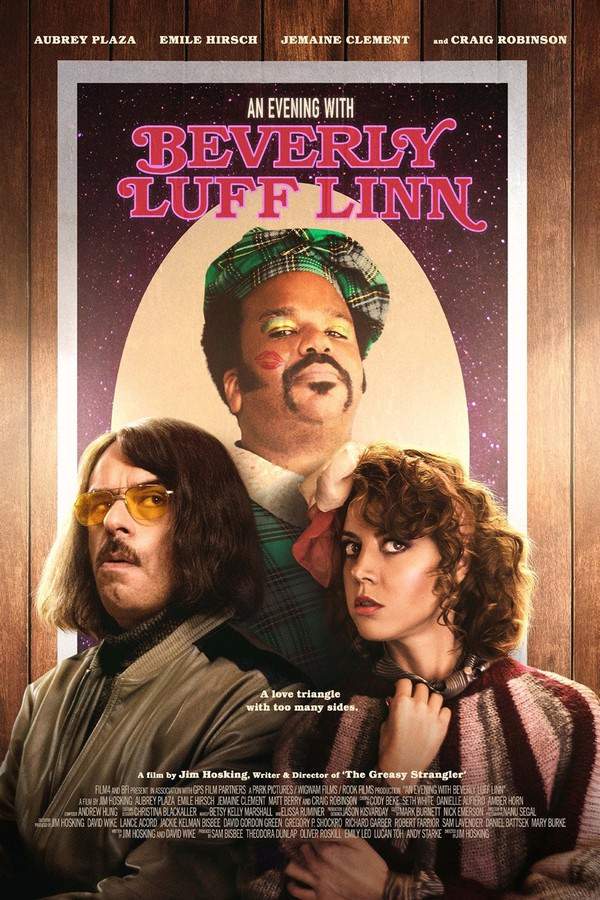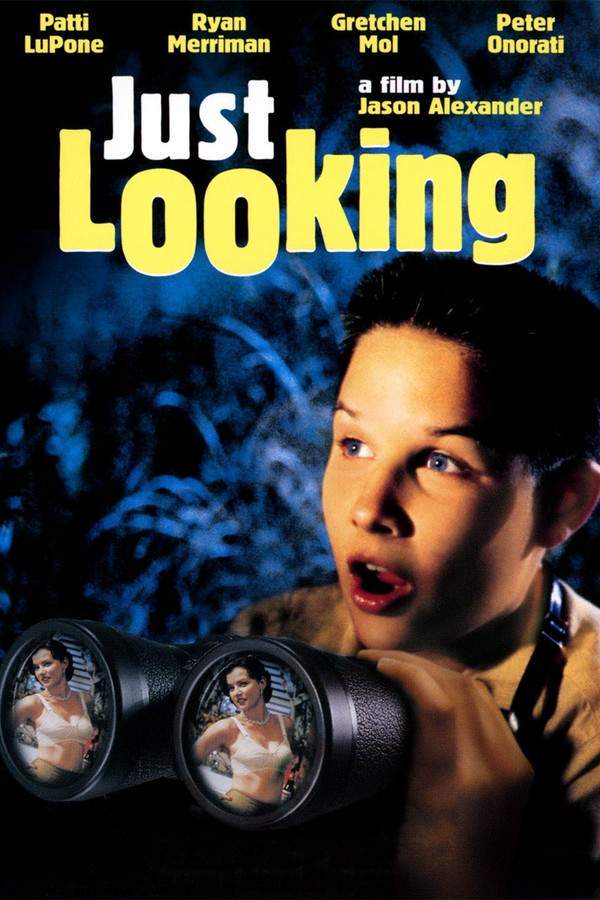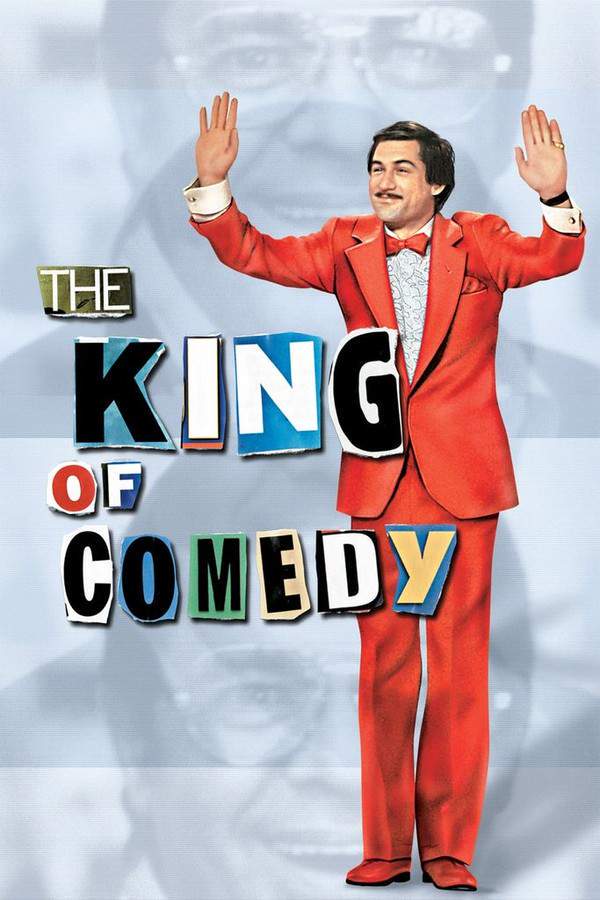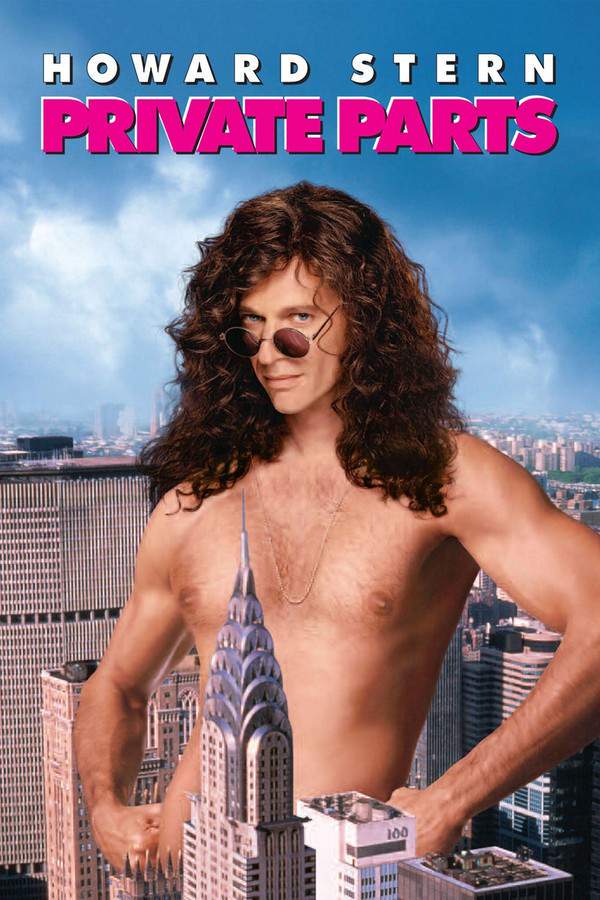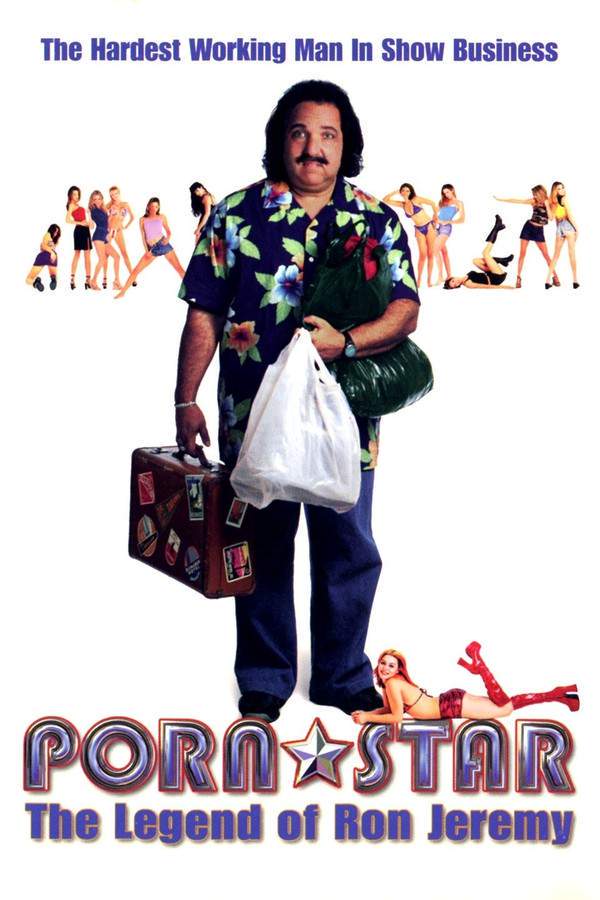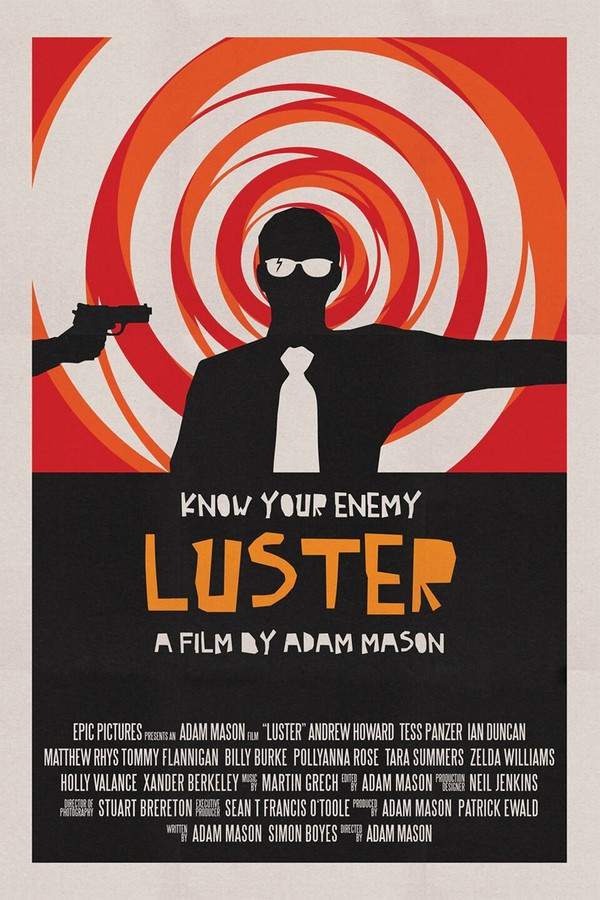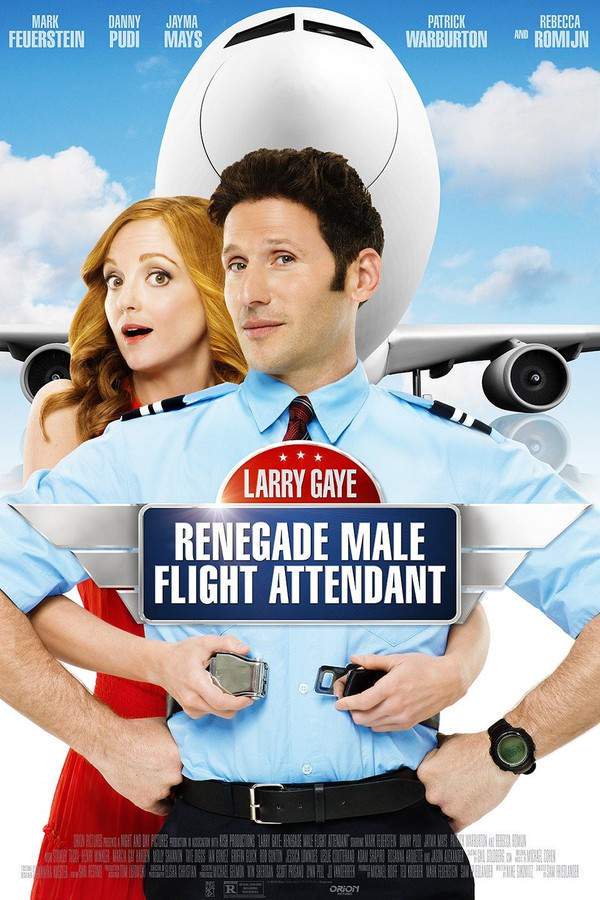Lenny 1974
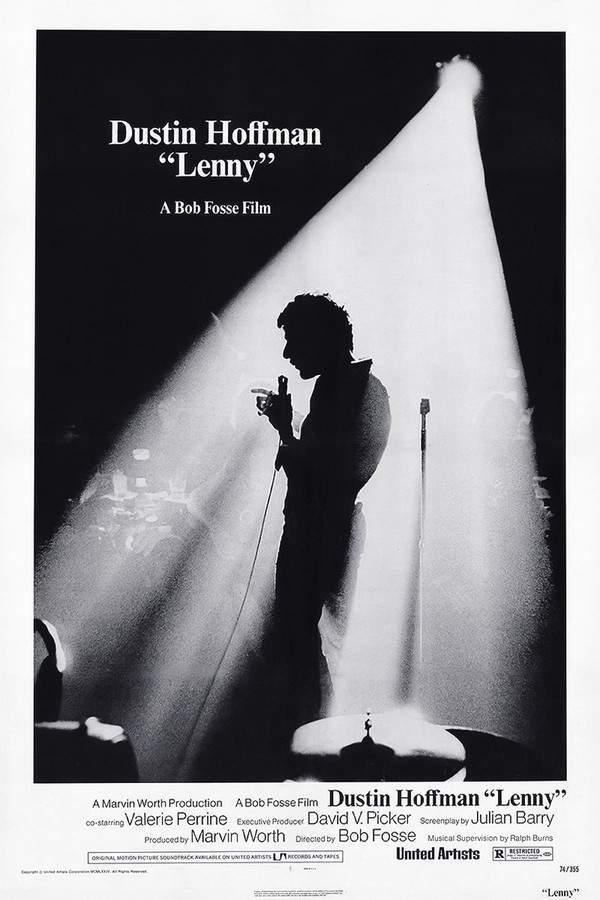
In 1950s New York City, comedian Lenny Bruce develops a provocative and boundary-pushing sense of humor that challenges societal norms. His controversial routines earn him a devoted following and establish him as a cultural icon, but also draw scrutiny and legal trouble. Battling addiction and excess, his life is further complicated by a turbulent relationship with his wife, Honey, a captivating performer. The film explores the rise and fall of a man who dared to speak his mind, even at great personal cost.
Does Lenny have end credit scenes?
No!
Lenny does not have end credit scenes. You can leave when the credits roll.
Meet the Full Cast and Actors of Lenny
Explore the complete cast of Lenny, including both lead and supporting actors. Learn who plays each character, discover their past roles and achievements, and find out what makes this ensemble cast stand out in the world of film and television.
External Links and Streaming Options
Discover where to watch Lenny online, including streaming platforms, rental options, and official sources. Compare reviews, ratings, and in-depth movie information across sites like IMDb, TMDb, Wikipedia or Rotten Tomatoes.
Ratings and Reviews for Lenny
See how Lenny is rated across major platforms like IMDb, Metacritic, and TMDb. Compare audience scores and critic reviews to understand where Lenny stands among top-rated movies in its genre.

61
Metascore
7.8
User Score


87%
TOMATOMETER

88%
User Score

7.5 /10
IMDb Rating

72
%
User Score
Take the Ultimate Lenny Movie Quiz
Challenge your knowledge of Lenny with this fun and interactive movie quiz. Test yourself on key plot points, iconic characters, hidden details, and memorable moments to see how well you really know the film.
Lenny from 1974 Quiz: Test your knowledge on the life and career of comedian Lenny Bruce as recounted in the film 'Lenny from 1974'.
What was the profession of Honey Harlow before she met Lenny Bruce?
Sultry stripper
Stand-up comedian
Nurse
Prostitute
Show hint
Awards & Nominations for Lenny
Discover all the awards and nominations received by Lenny, from Oscars to film festival honors. Learn how Lenny and its cast and crew have been recognized by critics and the industry alike.
29th British Academy Film Awards 1976

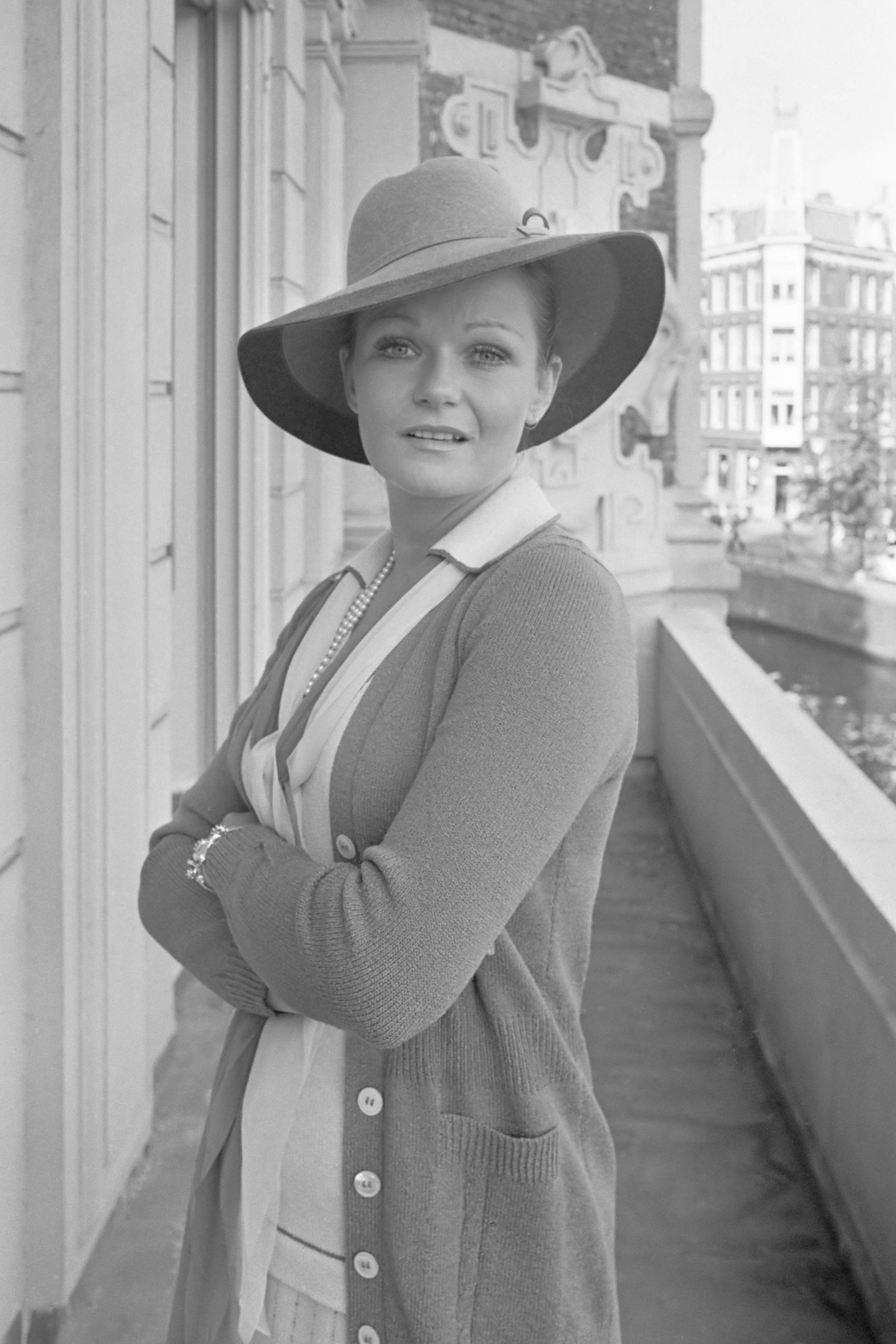

47th Academy Awards 1975


Cinematography
Best Picture
Writing (Screenplay Adapted from Other Material)
27th Directors Guild of America Awards 1975
32nd Golden Globe Awards 1975


Full Plot Summary and Ending Explained for Lenny
Read the complete plot summary of Lenny, including all major events, twists, and the full ending explained in detail. Explore key characters, themes, hidden meanings, and everything you need to understand the story from beginning to end.
In a revealing interview, Honey Harlow Bruce, the former spouse of stand-up comedian Lenny Bruce, reflects on her tumultuous life shared with him. In a memorable performance in 1964, Lenny astounds his audience with a shocking quip regarding Eleanor Roosevelt and Lou Gehrig, but he emphasizes that his true message revolves around the suppression of words. He provocatively suggests that venereal diseases thrive not just for their physical aspect, but due to society’s unwillingness to discuss them openly.
Honey fondly recalls their initial encounter in Baltimore during the 1950s; she was an aspiring stripper known as Hot Honey Harlow. After noticing Lenny across a bustling cafeteria, their lives intertwine when they sneak off for a passionate rendezvous. Post-fling, a smitten Lenny affectionately dubs Honey his “shiksa goddess,” following her to Miami.
In an insightful interview, Artie Silver, Lenny’s manager, shares the complexities of intertwining with both Lenny’s personal and professional worlds. Shortly after Lenny and Honey’s union, Artie expresses concerns about Honey’s past, warning Lenny that her mysterious history could lead to trouble. However, Lenny’s infatuation leads him to marry Honey, eventually introducing her to his mother, Sally Marr, and her sister, Aunt Mema.
As Lenny brings Honey into his act, they take the stage in the Catskills. During one such performance, Lenny’s impulsive, vulgar humor surfaces, drawing the ire of the audience. “What is dirty?” he later challenges his audience, suggesting he would prefer his children to watch adult films rather than conventional religious movies where, he claims, no one truly gets hurt.
Tragedy strikes in a flashback to the 1950s when Honey suffers a severe injury and, while recovering in a hospital, suspects Lenny may be cheating with her nurse. This fuels Lenny’s future comedic commentary, where he cheekily advises men to deny their indiscretions under any circumstances. Portraying a candid understanding of male-female relationships, he quips that while women share physical connections, men might pursue anything, even isolated fantasies.
With their relocation to Los Angeles, Honey resumes her stripping career and Lenny gravitates back to smaller gigs amidst the drug-infused chaos of show business. Lenny experiments with open relationships but soon grows jealous, accusing Honey of enjoying their ventures with other women. Eventually, after their daughter Kitty is born, the couple finds themselves drifting apart.
Lenny’s candid stand-up reveals his biting observations on divorce, noting its initial allure fades when confronted with the reality of dating other divorcees. Their relationship strains further amid Honey’s struggles with drug dependency, culminating in an arrest for marijuana possession in Hawaii, where she reaches out desperately to Lenny.
In his acts, Lenny decries society’s “happy ending” expectation, arguing it stifles natural human responses and fosters undue guilt. Back in California, Lenny’s performances grow increasingly unfiltered, where he embraces the freedoms of strip clubs, delighting in the lack of censorship. However, as he takes on political engagements, his controversial speech garners both laughter and legal repercussions, culminating in several arrests.
Artie recounts the toll of Lenny’s legal troubles on his psyche, observing how he became fixated on his trials, even reading transcripts to his audience, which ultimately leads to further complications. During a pivotal trial in San Francisco, Lenny’s provocative humor is disputed, igniting a heated debate of artistic expression versus societal standards. The courtroom drama peaks with Lenny’s insistence on being treated as a fellow human, leading to contempt charges when his frustration boils over.
Despite a string of convictions, Lenny’s absurdity remains popular, ultimately giving him a platform even as his performances spiral amid substance abuse and mental decline. In the present, as Honey reflects on their chaotic history of love and loss, she notes his many arrests and the toll his career has taken on his mental health.
After a fateful Chicago performance marked by incoherence, a comedic downfall leaps into tragedy. Lenny’s life culminates in a heartrending finale in 1966, where he is discovered lifeless in his apartment amid echoes of his once-illuminating, boundary-pushing humor, leaving behind an indelible mark on the comedic landscape.
Uncover the Details: Timeline, Characters, Themes, and Beyond!

Coming soon on iOS and Android
The Plot Explained Mobile App
From blockbusters to hidden gems — dive into movie stories anytime, anywhere. Save your favorites, discover plots faster, and never miss a twist again.
Sign up to be the first to know when we launch. Your email stays private — always.
Watch Trailers, Clips & Behind-the-Scenes for Lenny
Watch official trailers, exclusive clips, cast interviews, and behind-the-scenes footage from Lenny. Dive deeper into the making of the film, its standout moments, and key production insights.
Cars Featured in Lenny
Explore all cars featured in Lenny, including their makes, models, scenes they appear in, and their significance to the plot. A must-read for car enthusiasts and movie buffs alike.
Lenny Themes and Keywords
Discover the central themes, ideas, and keywords that define the movie’s story, tone, and message. Analyze the film’s deeper meanings, genre influences, and recurring concepts.
Lenny Other Names and Titles
Explore the various alternative titles, translations, and other names used for Lenny across different regions and languages. Understand how the film is marketed and recognized worldwide.
Similar Movies To Lenny You Should Know About
Browse a curated list of movies similar in genre, tone, characters, or story structure. Discover new titles like the one you're watching, perfect for fans of related plots, vibes, or cinematic styles.
Quick Links: Summary, Cast, Ratings, More

What's After the Movie?
Not sure whether to stay after the credits? Find out!
Explore Our Movie Platform
New Movie Releases (2025)
Famous Movie Actors
Top Film Production Studios
Movie Plot Summaries & Endings
Major Movie Awards & Winners
Best Concert Films & Music Documentaries
Movie Collections and Curated Lists
© 2025 What's After the Movie. All rights reserved.















